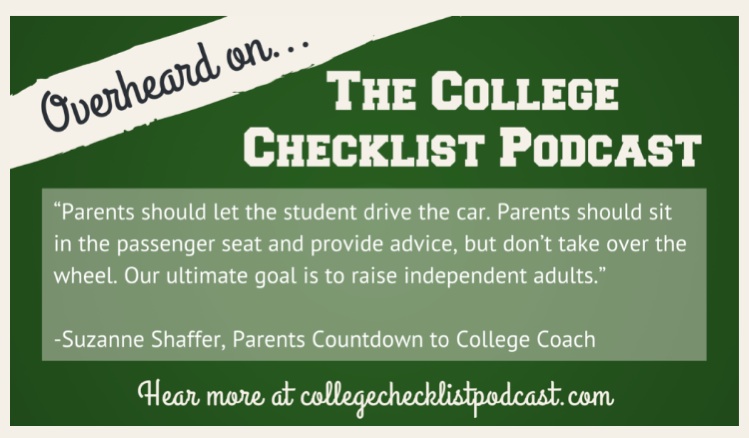 It doesn’t matter how close you were before they entered high school, the tension always mounts and the temptation is to drift apart. It takes a concerted effort on your part to stay in touch with their world. They are naturally moving toward independence and we are naturally grasping to keep them from growing up. And thus begins the ying and yang of parent/teenager relationships.
It doesn’t matter how close you were before they entered high school, the tension always mounts and the temptation is to drift apart. It takes a concerted effort on your part to stay in touch with their world. They are naturally moving toward independence and we are naturally grasping to keep them from growing up. And thus begins the ying and yang of parent/teenager relationships.
During high school your teens will experience every form of human emotion: joy, sadness, rejection, fear of failure, excitement, disappointment, heartache, love, and the list goes on and on. Most of the emotions are extreme and always seem like the end of the world to them. It’s hard to convey to them that “this too shall pass” and they will realize as they get older that their life is just beginning.
They are looking ahead to the future while living in the present. Keeping on track and keeping their eyes on the prize (graduation and college) can be challenging. As their parent coach and encourager, and the all-knowing, all-wise adult in their life, it’s up to you to stay connected and help them maintain their focus.
Here are a few of my own tips to help when staying connected:
Find that time when you can sit with them and listen. This is not easy, because many teens rarely sit still for very long to have a conversation. I would sit in my daughter’s room while she picked out her clothes and dressed to go out. You’ll be amazed at how much information you can gather if you simply listen.
Share something they enjoy. It might not be your choice of activities, but if you share a common interest it gives you something to talk about. An activity as simple as watching their favorite television show with them, or making a trip to the mall to search for the all-important clothing purchase will offer opportunities for you to listen and for them to open up to you about their lives.
Let them make mistakes, but be there when they do. Allowing them to make choices and experience the consequences of those choices will prepare them for those times when you aren’t there to tell them what to do.
Pick your battles. It’s easy as a parent to constantly give advice, even to the point of overly controlling their lives. Save those showdowns for the biggies: drinking, smoking, drugs, and sex. Don’t stress so much over their clothing choices or their hair styles. They are teenagers. They want to fit in. If you’re not always battling them over the small things, they will be more receptive when you do put your foot down.
Staying connected with your teen can be challenging, but the rewards far outweigh the difficulties. When your teen turns to you and finally says, “thanks Mom” or “thanks Dad”, it’s all worth it!









